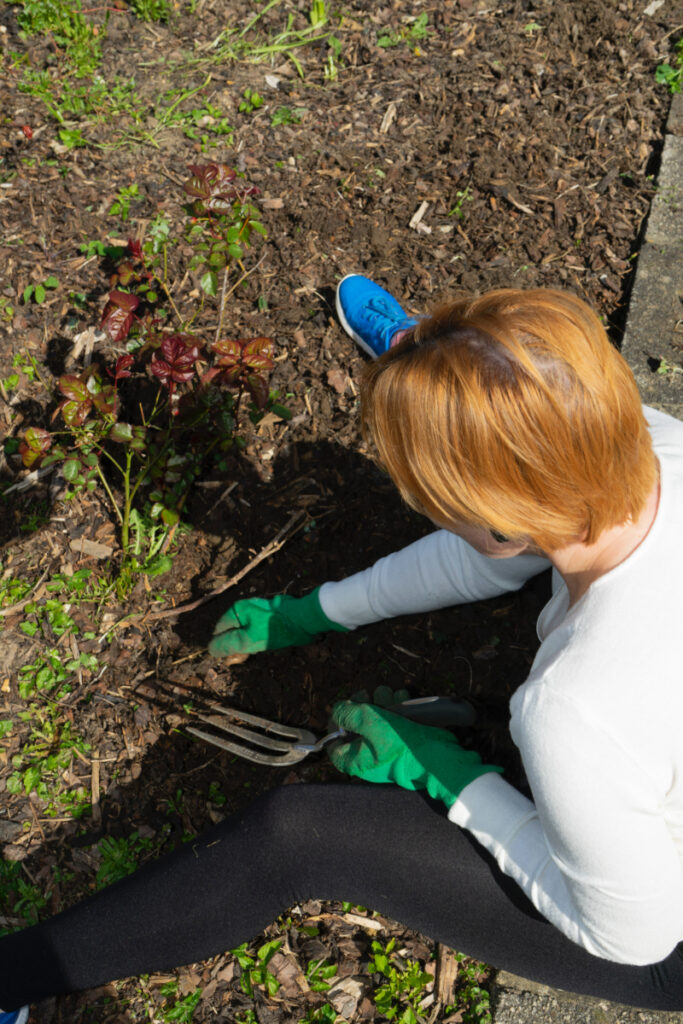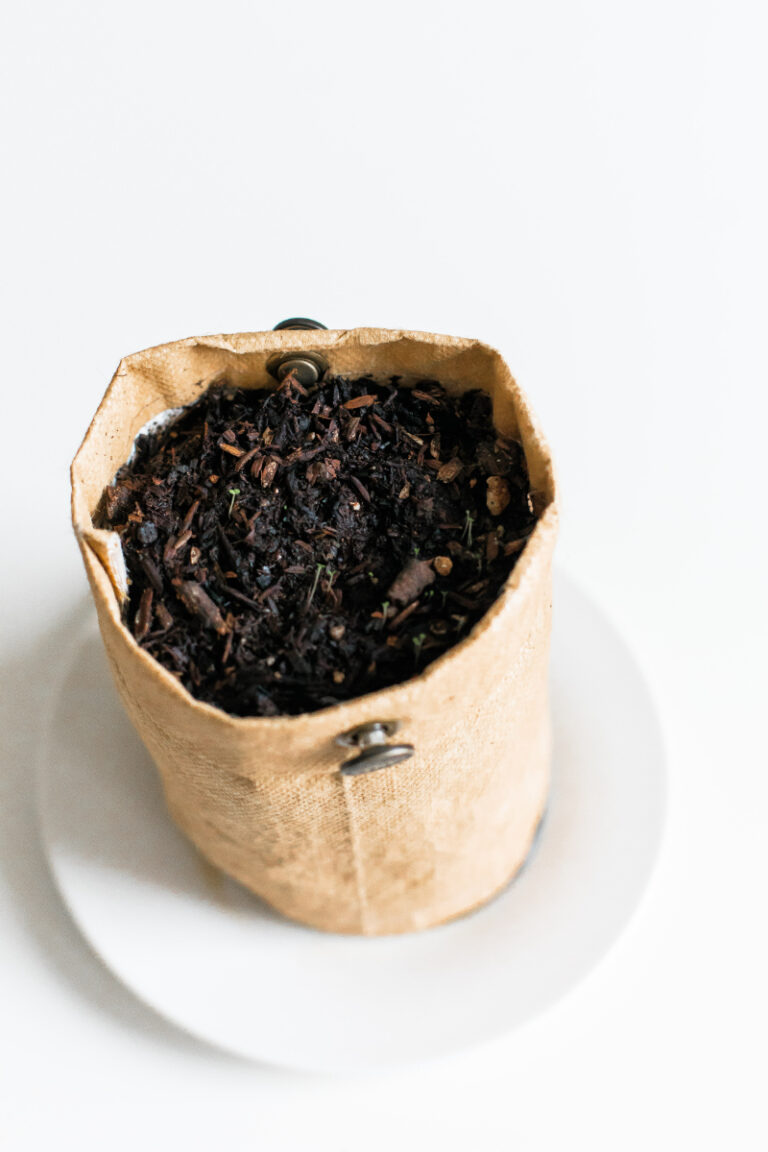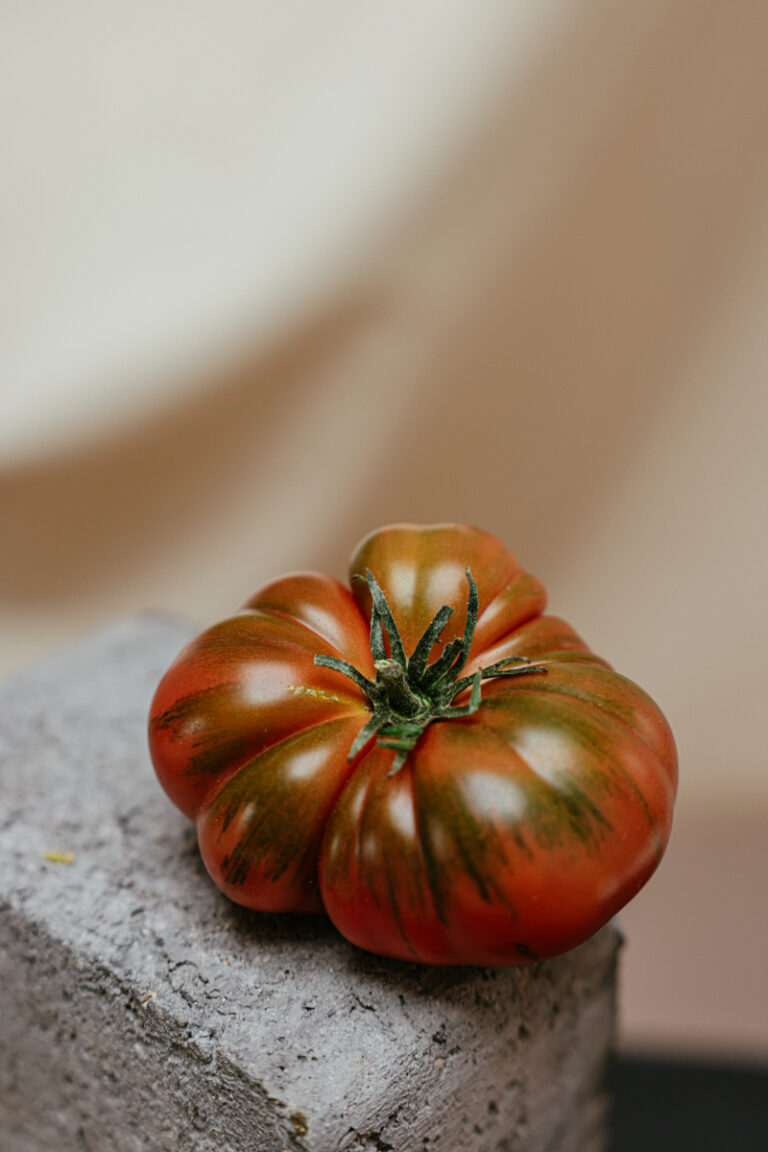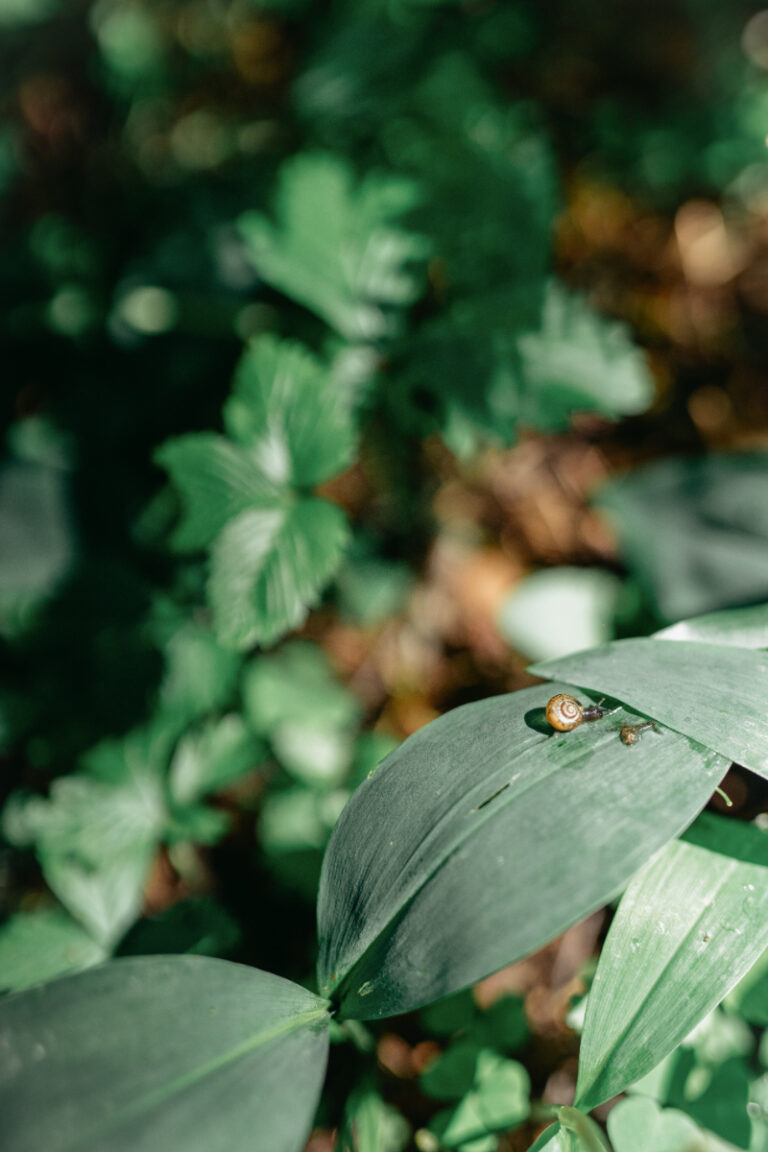How to Make Weed Killer
Controlling weeds is an essential part of maintaining a beautiful garden, lawn, or outdoor space. However, using commercial weed killers that contain toxic ingredients can have harmful effects on the environment, wildlife, and human health. Fortunately, there are natural and effective ways to kill weeds without relying on harmful chemicals.
In this article, we will explore some DIY weed-killer recipes that are safe, affordable, and easy to make. These homemade weed killers use natural ingredients like vinegar, salt, boiling water, and cornmeal gluten meal to destroy weeds while keeping your plants healthy and thriving.
How to Make Weed Killer

Vinegar-based Weed Killer
A vinegar-based weed killer is a popular and effective natural alternative to commercial chemical herbicides. The acetic acid in vinegar draws moisture out of the plant, causing it to wither and die. Here’s how to make and use this eco-friendly solution:
Ingredients:
- 1 gallon of white vinegar (5% acetic acid concentration)
- 1 cup of water
- 1 tablespoon of liquid dish soap
Instructions:
- In a large container, mix the vinegar, water, and dish soap together. The soap acts as a surfactant, helping the vinegar stick to the leaves of the weeds for better results.
- Pour the solution into a spray bottle or garden sprayer for easy application.
- Apply the vinegar-based weed killer directly onto the leaves and stems of the weeds on a sunny day, when there is no rain forecasted for at least 24 hours. The sun will help speed up the process, making the weed killer more effective.
- Be careful not to spray the solution on surrounding plants, as it can cause damage to them as well. If you need to be more precise in your application, consider using a paintbrush to apply the solution only to the weeds.
- Reapply the weed killer if necessary, especially for more persistent weeds. It may take several applications to achieve the desired results.
Tips:
- For tougher weeds or those with a higher concentration of acetic acid, you can use pickling vinegar (with 9-20% acetic acid) instead of regular white vinegar. However, be cautious when using more pungent vinegar, as it can harm other plants and the soil.
- Always wear gloves and eye protection when applying the vinegar-based weed killer to avoid irritation.
- Keep in mind that vinegar can lower the pH of the soil, making it more acidic. Use this solution sparingly and avoid applying it to areas where you plan to grow new plants soon.
Salt and Boiling Water Weed Killer
Salt and boiling water weed killer is another natural and effective method for dealing with unwanted weeds in your garden or outdoor space. Salt dehydrates the plant cells, while boiling water causes the cells to rupture, resulting in the death of the weeds. Here’s how to prepare and apply this simple solution:
Ingredients:
- 1 cup of table salt
- 1 gallon of water
- A large pot
Instructions:
- Pour the water into the large pot and bring it to a boil.
- Carefully add the table salt to the boiling water, stirring until the salt dissolves completely.
- Allow the saltwater solution to cool slightly, but not too much, as it needs to be hot enough to be effective against weeds.
- Pour the hot saltwater solution directly onto the base of the weeds, targeting the root area. Be cautious when handling the hot solution to avoid burns or spills.
- Monitor the treated area for a few days to see if the weeds have been effectively killed. If necessary, reapply the salt and boiling water solution until the weeds are eliminated.
Warnings:
- Be mindful that using salt and boiling water can negatively affect the soil and surrounding plants. Salt can make the soil less fertile and may harm nearby plants by disrupting their ability to absorb water and nutrients. Therefore, use this method sparingly and only in areas where you don’t plan to grow plants in the near future.
- Avoid using this solution near water sources, such as ponds or streams, as the high salt content can harm aquatic life.
By using this simple yet potent weed killer, you can effectively manage weeds in your garden without resorting to harmful chemicals. Just remember to apply it with caution to protect your soil and other plants.
Cornmeal Gluten Meal Weed Killer
Cornmeal gluten meal is a natural byproduct of corn processing and can be used as an effective pre-emergent herbicide in your garden. It works by inhibiting the germination of weed seeds, preventing their growth and spread. While it may not kill existing weeds, it is an excellent choice for controlling new weed growth. Here’s how to use cornmeal gluten meal as a weed killer:
Instructions:
- Purchase cornmeal gluten meal from a local garden center or online retailer. Make sure to buy the granulated form specifically labeled as a pre-emergent herbicide, not the regular cornmeal used for cooking.
- Apply the cornmeal gluten meal to your garden, lawn, or outdoor space at a rate of 20 pounds per 1,000 square feet. Using a broadcast spreader can help ensure even distribution.
- Water the treated area lightly after application to help the cornmeal gluten meal settle into the soil.
- Apply cornmeal gluten meal twice a year, once in early spring and once in late summer or early fall, to prevent weed growth during both growing seasons.
Additional Tips:
- Remember that cornmeal gluten meal will also inhibit the germination of desirable plants, so avoid using it in areas where you plan to sow seeds directly into the soil. Instead, use it around established plants or in areas where you will be transplanting seedlings.
- Cornmeal gluten meal is most effective against annual weeds, such as crabgrass and dandelions, but may not be as effective against perennial weeds.
- In addition to its weed control properties, cornmeal gluten meal also provides a source of nitrogen for your plants, acting as a slow-release fertilizer.
Wrapping Up
In conclusion, controlling weeds in your garden or outdoor space is essential for maintaining a healthy and beautiful environment. While commercial weed killers may seem like a quick and easy solution, they can have negative impacts on the environment and human health.
Vinegar-based weed killers are a safe and effective alternative to chemical herbicides that can be easily made at home. Salt and boiling water weed killer is another simple solution that can be used to target weeds directly. Cornmeal gluten meal is an excellent pre-emergent herbicide that inhibits weed growth, providing long-term weed control.
By incorporating these natural weed killer recipes into your gardening routine, you can help reduce chemical contamination and promote sustainable practices in your community.
Always remember to use caution when handling hot liquids and wear appropriate protective gear when applying natural weed killers. Try out these eco-friendly weed killers and see the results for yourself!






